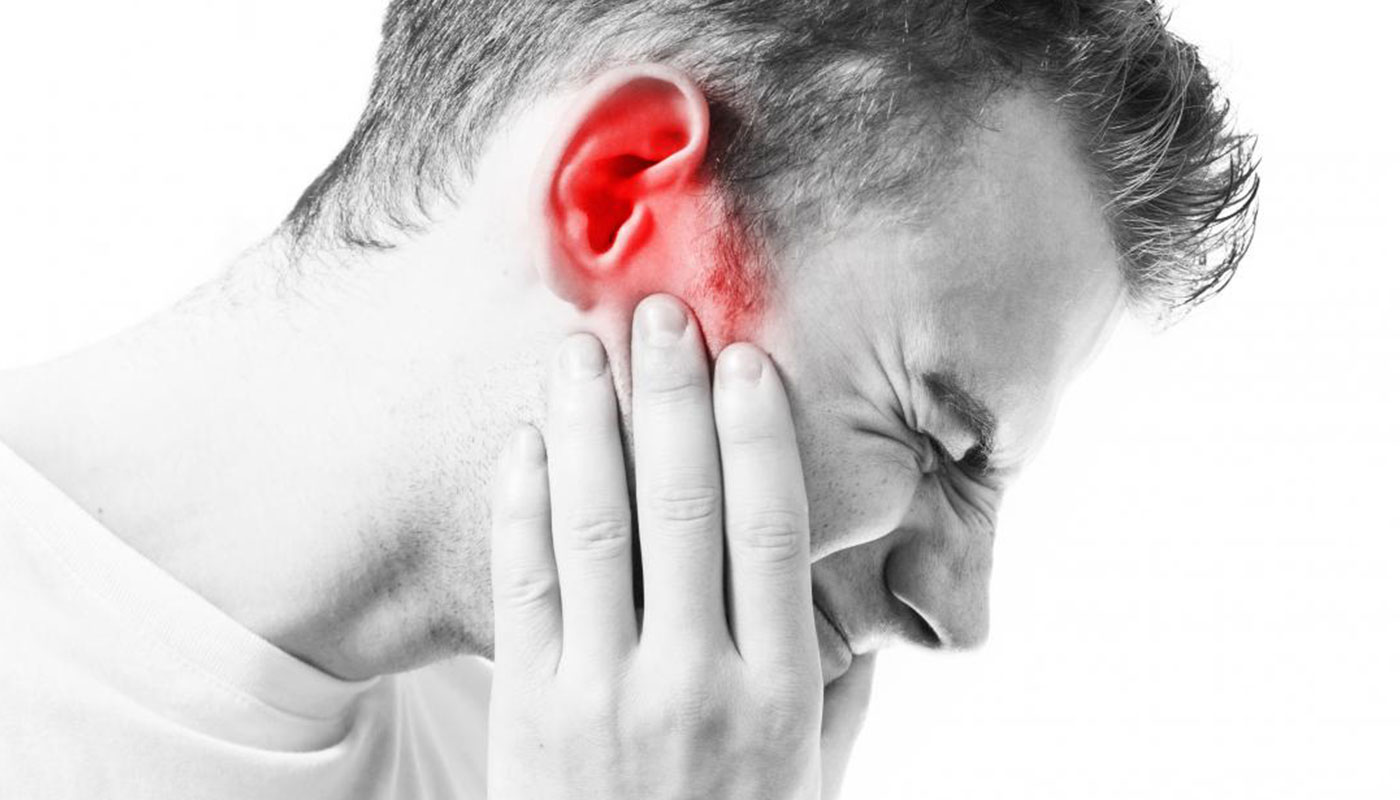
Middle Ear Infection (Otitis Media)
Middle ear inflammation is also called otitis media. Otitis media is inflammation of the middle ear. However, many doctors consider otitis media to be either inflammation or infection of the middle ear. “Otitis” means inflammation of the ear, and “media” means middle. This inflammation often begins with infections that cause sore throats, colds or other respiratory problems, and spreads to the middle ear. Infections can be caused by viruses or bacteria, and can be acute or chronic. It can occur in one or both ears. This infection can be very serious because of the severe earache and hearing loss it can cause. Immediate attention from your doctor is the best action.
What are the symptoms of an Ear Infection?
- Earache
- Feeling of fullness or pressure
- Ringing in ears
- Hearing problems; dizziness
- Loss of balance
- Nausea & vomiting
- Ear drainage
- Fever
What causes a Middle Ear Infection?
The causes can begin with the blockage of the Eustachian tube during a cold, allergy, or upper respiratory infection, and the presence of bacteria or viruses lead to a build-up of pus and mucus behind the eardrum. This infection is called acute otitis media. The build-up of pressurized pus in the middle ear causes pain, swelling, and redness. Since the eardrum cannot vibrate properly, hearing problems may occur.
How is a Middle Ear Infection Diagnosed?
During an examination, the doctor will use an otoscope to look at and assess the ear. The doctor checks for redness in the ear, and/or fluid behind the eardrum, and to see if the eardrum moves. These are the signs of an ear infection. Two other tests may also be performed.
How is a Middle Ear Infection treated?
Most cases of otitis media will resolve on their own and do not require antibiotics. Occasionally, for complicated cases, antibiotics are necessary to treat otitis media. Other medications that your doctor may prescribe include an antihistamine (for allergies), a decongestant (especially with a cold), or both. Sometimes the doctor may recommend a medication to reduce fever and/or pain. Special eardrops can ease the pain.